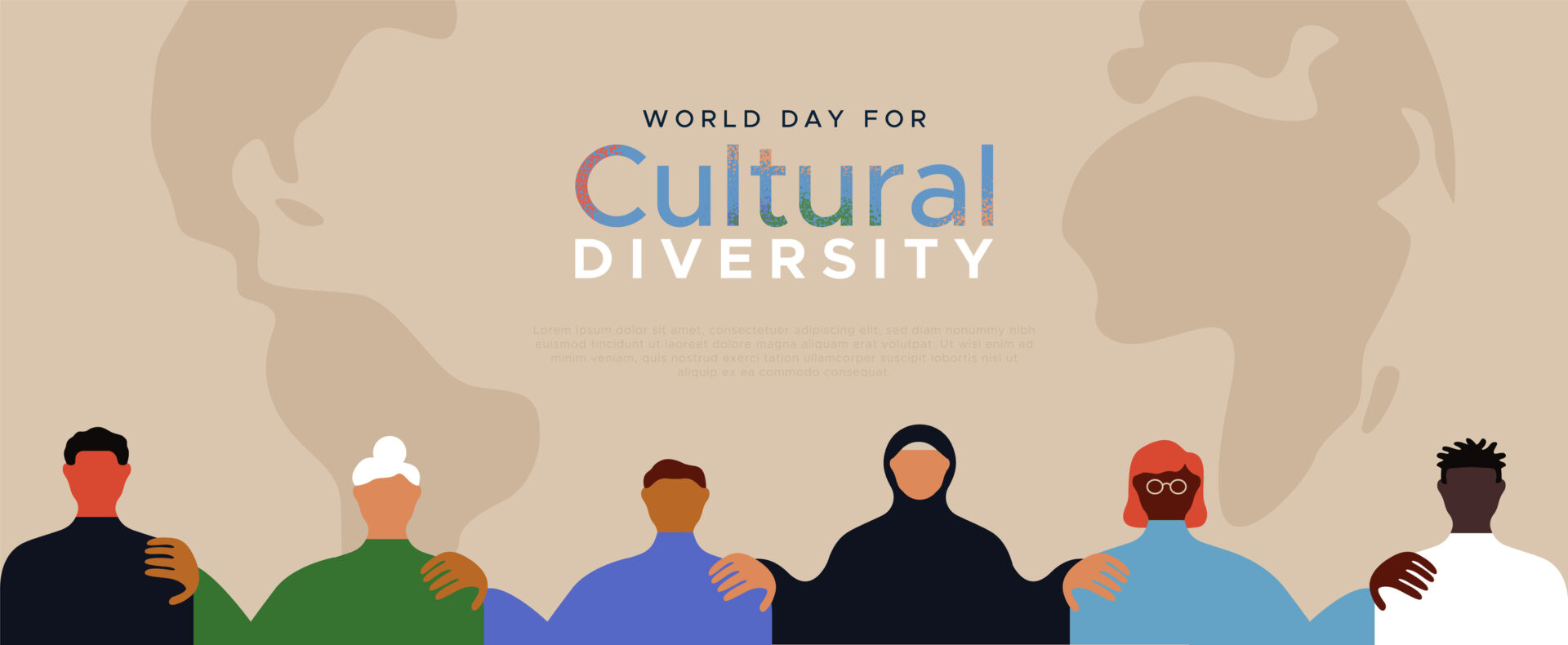Post was written by Dr. Artuor Osorio
Healthcare workers live together with sickness and death. Whether you are a doctor, nurse, physician’s assistant, or an orderly, seeing the suffering of others can cost a tremendous toll on your mental health.
Over time, working around so much sickness and death can result in hospital worker burnout. According to the U.S. National Library Of Medicine, hospital worker burnout is a syndrome of emotional exhaustion, depersonalization, and a sense of low personal accomplishment that leads to mental health issues. Since the COVID-19 pandemic began, hospital workers have been at greater risk of becoming burned out. According to the Journal of General Internal Medicine, healthcare worker tends to suffer from Mental Health Disorders regularly:
- Post-traumatic stress disorder: 38 percent
- Depression: 74 percent
- Anxiety: 75 percent
- Recent thoughts of self-harm or suicide: 15 percent
These are scary statistics, mainly because there is a shortage of healthcare workers today. According to Duquesne University School of Nursing, the healthcare worker shortage could worsen in the coming decades. By 2025, there could be a shortage of more than 400,000 home health aids and 29,400 nurse practitioners. There will also be shortages in other healthcare professions.
It’s normal to feel under pressure at work, and the stress associated with your job doesn’t make you weak; it makes you human. If you’re going to be successful in your career, you must focus on your physical and mental health. Fortunately, you can use several coping strategies to protect your mental health during these trying times in healthcare.
#1 Take Care of Your Body
Part of caring for your mental health is also focusing on your physical health. The first step is getting seven to eight hours of sleep each night. If you’re overtired, you will become easily stressed, which can take a toll on your mental health. In addition, it is essential to take your regular breaks, regardless of how busy things are at the time. According to an article published in the American Psychological Association, workers who took breaks reported fewer health issues, such as headaches, lower back pain, and eyestrain. You should spend at least one break eating a healthy meal to give you the energy you need to finish your shift.
#2 Focus On Your Relationships
When you work for days without a day off, the relationships in your life can suffer, leading to you feeling isolated.
According to an article posted by Northwestern Medicine, maintaining relationships with friends, family, and co-workers can have the following effects on your mental health.
- Less stress: Maintaining solid relationships can reduce your stress level. When you have the emotional support of friends, family, and co-workers, you have a buffer from stress. And talking to co-workers will show you that you aren’t alone in how you feel, which can help reduce stress.
- A greater sense of purpose: As a healthcare worker, you can’t save everyone, and people die. Seeing this every day can make you wonder if you’re serving a purpose at all, which can affect your feeling of self-worth, resulting in depression. Talking to co-workers and others in the medical field will help you see that you aren’t the only one that feels defeated at times, and can help lessen your worry that you can’t help others.
- Healthier behaviors: Feeling isolated can take you down a slippery slope. When you aren’t in contact with the most important people in your life, it’s easy to make bad decisions regarding your health. If you maintain strong relationships, regardless of how busy you are, you will have people to hold you accountable for unhealthy choices, which is essential to your overall well-being.
Many healthcare workers work harder today than ever before, but you still need to focus on your relationships to remain mentally healthy.
#3 Avoid Using Unhealthy Coping Strategies
Healthcare workers today are under a lot of stress, and you must avoid unhealthy coping strategies. When the pandemic first began, substance abuse cases increased. According to an article published by the American Psychological Association, 13 percent of Americans reported starting or increasing substance use to cope with the stress and emotions related to the pandemic, and this includes healthcare workers.
Using alcohol and drugs to cope with your stress can lead to substance use disorder. Which will have a significant impact on your mental and physical health.
Rather than turning to drugs and alcohol, you should find healthy coping strategies, such as exercising, spending time with family and friends, reading, and anything you typically do to relieve stress.
#4 Stay Responsibly Informed
As a healthcare worker, you need to be informed about recent COVID surges and new strains. But you also shouldn’t spend all your time on the internet researching COVID statistics. There is plenty of misinformation online today, and reading too much can give you a distorted view of what is going on, increasing your anxiety and depression.
It’s best to limit your exposure to news that will add to your stress, anxiety, and depression, and get your facts from reliable sources, such as the Centers For Disease Control and the World Health Organization. These organizations provide factual news and statistics in real-time, which often contradicts the information provided by other less honest sources.
#5 Seek Professional Help
If your job has left you feeling depressed, or has caused stress and anxiety that you can’t overcome on your own, you should seek professional help. According to the Centers For Disease Control, many hospital workers avoid seeking care for mental health and substance abuse because there is a stigma related to healthcare and hospital workers seeking the help they need.
It is vital to put the stigma aside and get the care you need, neglecting to do so will affect your mental health shortly, and could lead to unhealthy coping methods.
Remember, you can’t take care of anyone if you aren’t taking care of yourself. If you are going to be of use to anyone, you should follow the tips listed above. Focusing on yourself and your mental health can prevent hospital worker burnout, and you will be a happier, more efficient worker, and the people you care for will benefit as well.
About Dr. Artuor Osorio
Dr. Arturo Osorio is a licensed physician practicing in Nicaragua. Dr. Osorio went to Universidad Nacional Autónoma de Nicaragua (León), where he got a Bachelor of Medicine, Bachelor of Surgery Degree. He has been practicing medicine in public hospitals and private clinics since 2018. He is also a writer and editor for Sunshine Behavioral Health.







Leave A Comment